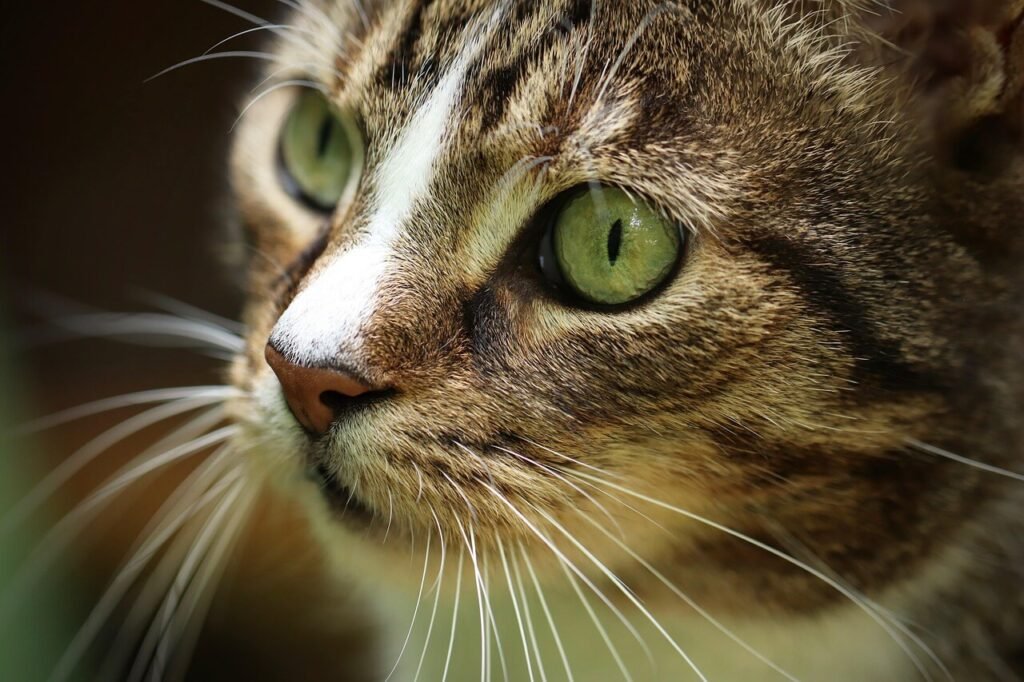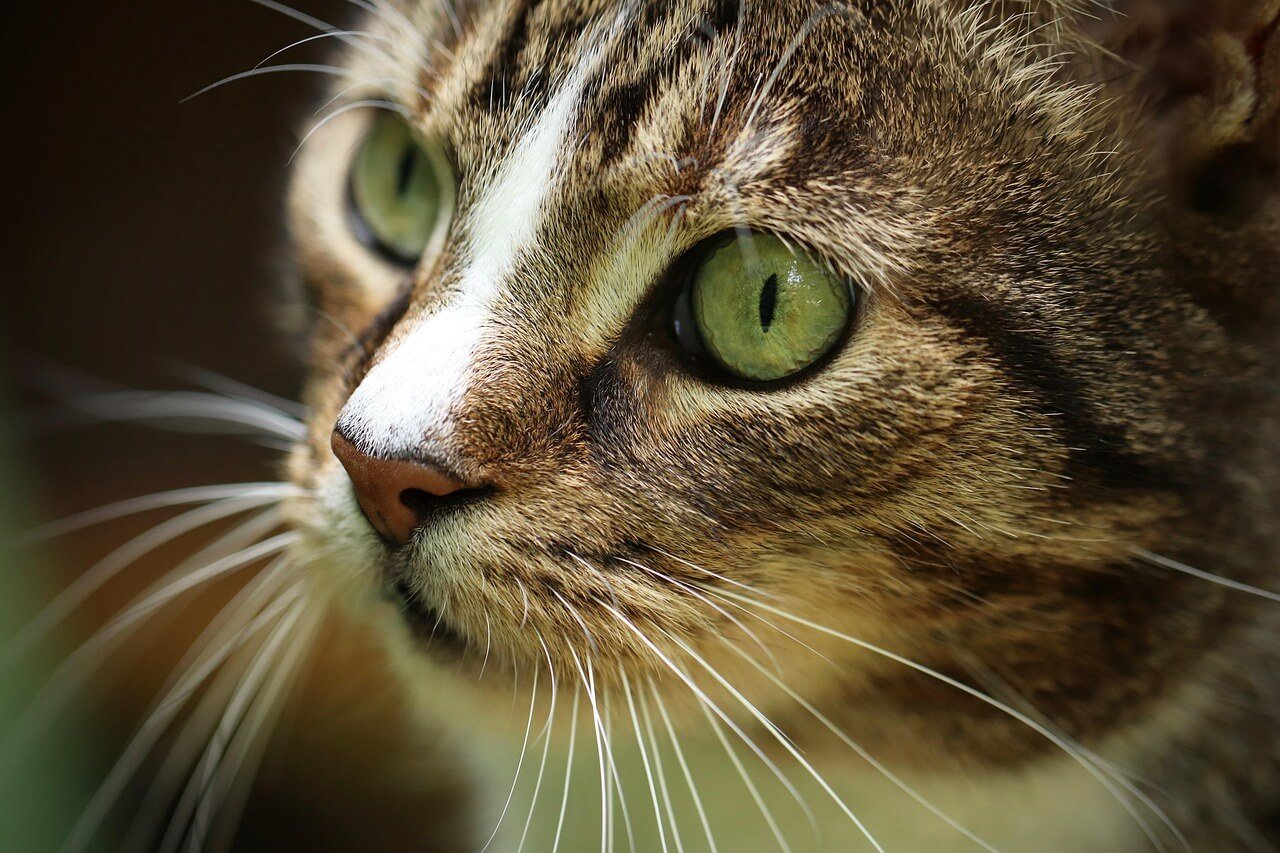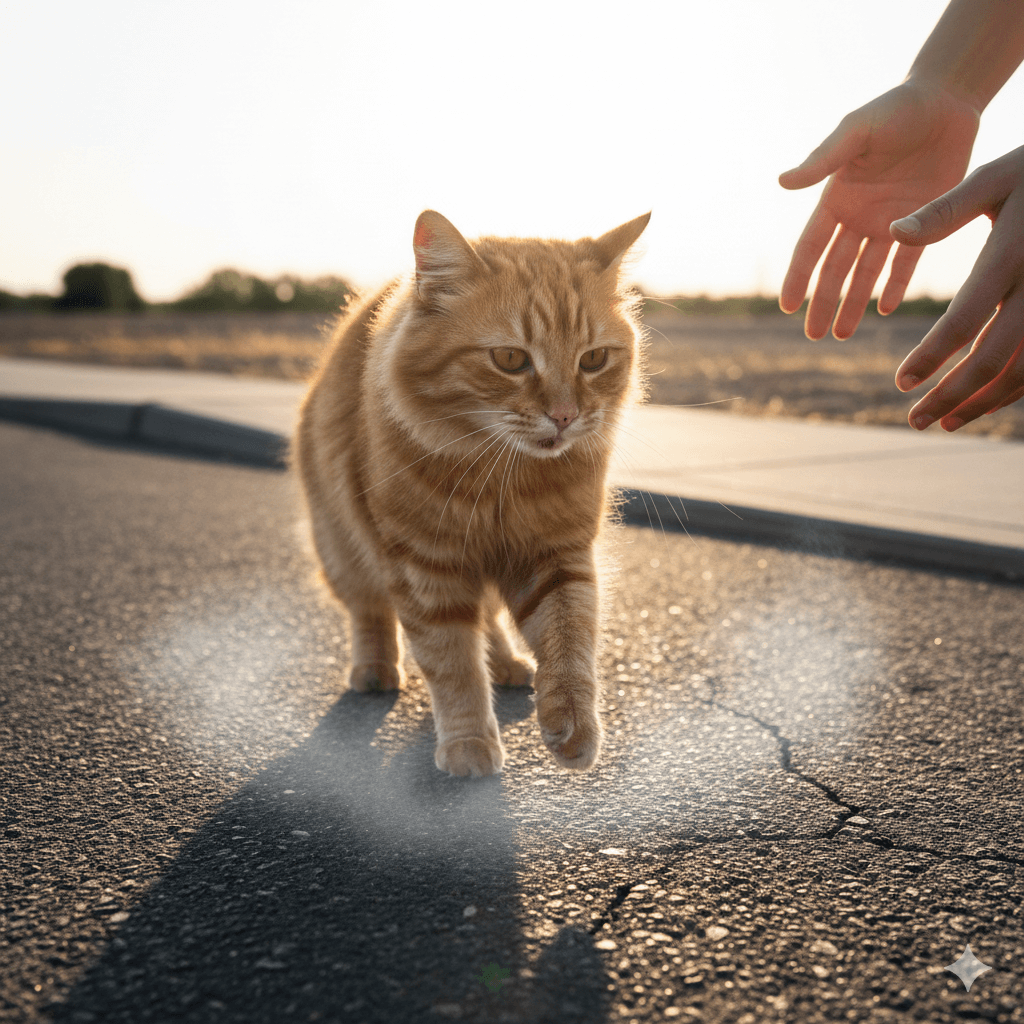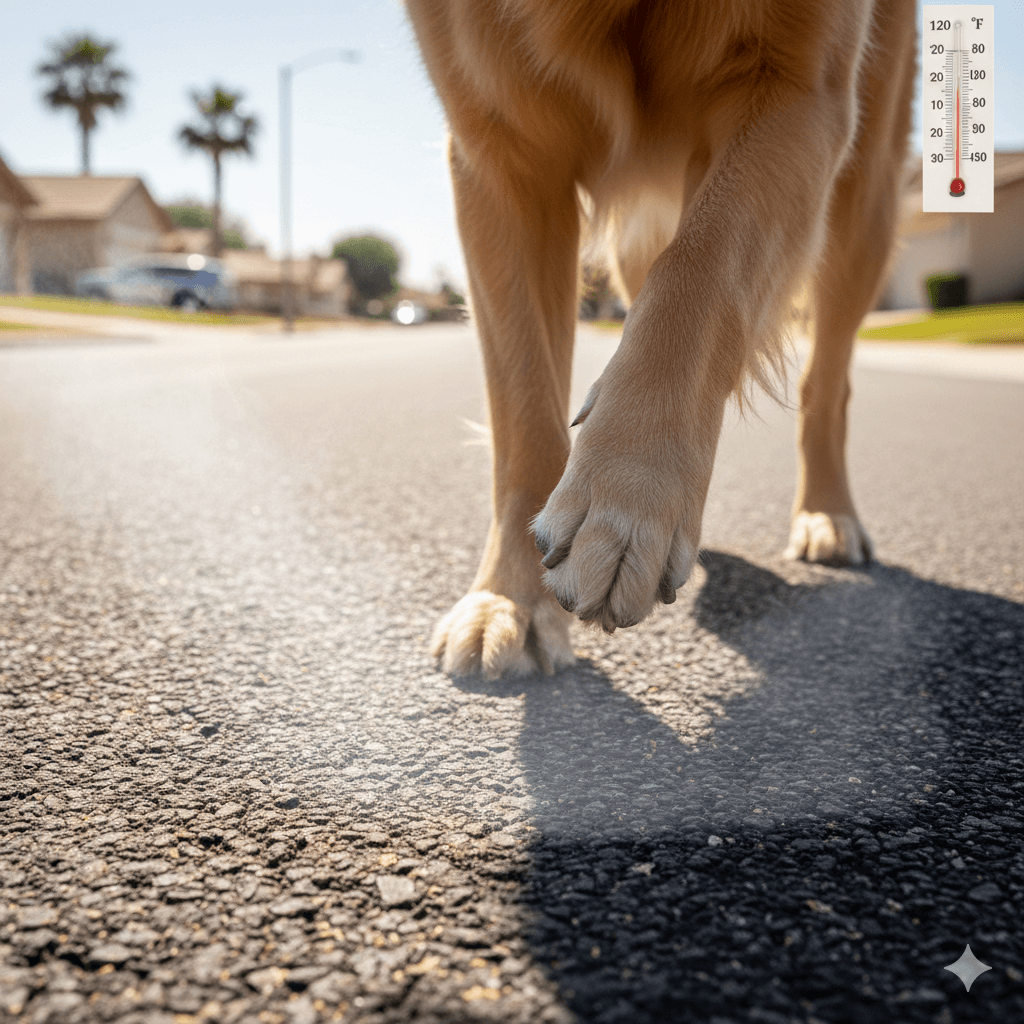Why Does My Cat Sit on My Lap Facing Away from Me?
Cats are mysterious creatures, and their behaviors often leave us scratching our heads in wonder. One such behavior is when your feline friend chooses to sit on your lap but faces away from you. While this might seem unusual or even a bit rude at first glance, there’s usually a perfectly reasonable explanation behind it. Understanding why your cat does this can deepen your bond and give you insight into their unique personality. Let’s explore the fascinating reasons behind this quirky behavior.
What Does This Behavior Mean? A Closer Look
If you’ve ever wondered what goes through your cat’s mind when they turn their back to you while sitting on your lap, here are some possible explanations:
Comfort and Trust : Cats feel safest when they trust their environment. By facing away, they’re showing that they feel secure enough around you to let their guard down.
Warmth Seeking : Your body radiates heat, which cats adore. Facing away allows them to soak up warmth from your legs while still enjoying your company.
Observing Their Surroundings : Cats are natural observers. Turning away gives them a better view of the room, allowing them to keep an eye on potential threats or interesting movements.
Personal Space Preference : Some cats simply prefer not to be stared at directly. Facing away provides them with a sense of personal space while remaining close to you.
Marking Territory : Sitting on your lap reinforces their claim over you as part of their territory—even if they face away!
This behavior highlights how cats blend affection with independence, making them truly one-of-a-kind companions.
Possible Emotional Reasons Behind the Behavior
While physical comfort plays a role, emotions also influence why your cat sits on your lap facing away. Here are some emotional factors to consider:
Bonding Without Pressure : Cats value connection but dislike feeling crowded. Facing away allows them to bond without the intensity of direct interaction.
Curiosity About Their Environment : Your cat may want to stay alert to sounds or sights outside your immediate vicinity, ensuring nothing escapes their attention.
Expressing Confidence : When a cat turns its back to someone, it signals confidence and trust in the relationship—traits every pet owner should take pride in fostering.
Seeking Reassurance : Sometimes, cats face away because they know you’ll instinctively offer gentle pets or soothing words, creating a calming atmosphere for them.
Routine Behavior : Like humans, cats develop habits. If this posture has been comfortable for them before, they’re likely to repeat it out of habit.
Understanding these emotional nuances helps strengthen the human-cat connection, reminding us that our furry friends communicate in subtle yet meaningful ways.
Check this guide 👉 Why Is My Cat Sneezing and Have Watery Eyes? Best 7 Tips!
Check this guide 👉 Why Do Cats Love Sleeping Above Our Heads? Best 7 Tips!
Check this guide 👉 Why Does My Cat Lay on My Clothes? Best 7 Behavior Tips!

Possible Reasons | What It Indicates About Your Cat |
|---|---|
Comfort and Trust | Feels safe and secure around you |
Warmth Seeking | Enjoys the cozy heat from your body |
Observing Surroundings | Wants to monitor the environment |
Personal Space Preference | Values independence during cuddle time |
Marking You as Part of Their Territory | Considers you an important part of home |
How Can You Respond to This Behavior?
When your cat sits on your lap facing away, there are several thoughtful ways to respond that respect their preferences:
Respect Their Space : Avoid forcing them to turn around or engage more than they want. Let them dictate the level of interaction.
Offer Gentle Pets : Lightly stroke their back or head if they seem receptive. Many cats enjoy soft touches even when they’re facing away.
Talk Softly : Speaking in a calm tone can reassure them that everything is okay, reinforcing their sense of safety.
Provide a Cozy Spot Nearby : If your lap isn’t always available, create a warm, inviting space nearby where they can relax comfortably.
Observe Their Body Language : Pay attention to signs like purring or kneading, which indicate contentment, versus growling or twitching tails, which suggest discomfort.
By responding thoughtfully, you show your cat that you understand and appreciate their unique way of expressing affection.
Common Misconceptions About This Behavior
There are a few myths surrounding why cats sit on laps facing away. Let’s debunk them:
Myth: They’re Ignoring You
Reality: Cats express love differently than dogs. Facing away doesn’t mean disinterest—it’s just their style.Myth: They Don’t Like Being Petted
Reality: Many cats still enjoy pets, even if they aren’t facing you. Watch for cues like leaning into your touch.Myth: It’s a Sign of Aggression
Reality: On the contrary, this position often reflects trust and relaxation.Myth: All Cats Do This
Reality: Every cat is different. Some may never adopt this posture, while others make it a daily ritual.Myth: You Should Ignore Them
Reality: Engaging appropriately (e.g., talking softly) strengthens your bond rather than weakening it.
Clearing up these misconceptions ensures you approach your cat’s behavior with empathy and understanding.
Understanding Your Cat’s Unique Personality
Every cat has a distinct personality, and their behaviors often reflect their individual quirks. When your cat sits on your lap facing away, it could be tied to their unique traits. Here are some insights into what this might reveal about their character:
Introverted Nature : Some cats are naturally more reserved and prefer low-key interactions. Facing away allows them to enjoy your presence without feeling overwhelmed.
Playful Curiosity : Cats with a playful streak may face away to keep an eye on toys or movement in the room while still enjoying your company.
Independent Spirit : Certain cats value their autonomy and use this position as a way to assert their independence while staying close to you.
Adaptability : If your cat switches between facing you and facing away, it shows they’re adaptable and comfortable in different scenarios.
Routine-Oriented Behavior : Cats thrive on consistency, and this posture might simply be part of their daily routine.
Understanding these nuances helps you appreciate your cat’s personality and strengthens your bond by respecting their individuality.
How Environmental Factors Influence This Behavior
Your home environment can significantly influence why your cat chooses to sit on your lap facing away. These factors play a role in shaping their behavior:
Noise Levels : Loud or unfamiliar sounds in the house might prompt your cat to face away to monitor potential disturbances.
Presence of Other Pets : If you have other animals, your cat may face away to keep an eye on them while still seeking comfort from you.
Room Layout : The arrangement of furniture or windows can affect where your cat feels most secure and visually engaged.
Temperature Changes : On colder days, your cat might seek warmth from your lap but face away to observe their surroundings simultaneously.
Daily Activity Patterns : Cats are creatures of habit, and their behavior often aligns with the rhythm of household activities.
By considering these environmental influences, you can create a space that makes your cat feel safe and content, encouraging positive behaviors like lap-sitting.
Building Trust Through Observation
Observing your cat’s behavior is one of the best ways to build trust and strengthen your relationship. When your cat sits on your lap facing away, it provides an opportunity to learn more about their needs and preferences. Here’s how you can use this moment to deepen your connection:
Watch for Subtle Cues : Pay attention to small signs like tail flicks, ear movements, or purring to gauge their mood.
Respect Their Boundaries : Avoid intrusive gestures like picking them up or forcing them to turn around. Let them set the pace.
Engage in Quiet Activities : Reading or working quietly while they’re on your lap reinforces a peaceful atmosphere.
Offer Treats or Toys : Occasionally reward them with a favorite treat or toy to associate lap time with positive experiences.
Practice Patience : Building trust takes time, especially with cats who are more independent or shy.
By observing and responding thoughtfully, you show your cat that you value their comfort and trust, fostering a loving and harmonious relationship.
Frequently Asked Questions
Is it normal for my cat to sit on my lap facing away?
Yes, it’s completely normal and often a sign of trust and comfort.
Should I try to make my cat face me?
No, forcing them to change positions could stress them out. Respect their choice.
Does this behavior mean my cat doesn’t like me?
Not at all! It actually shows they feel safe enough to relax around you.
Why does my cat only do this sometimes?
Cats have moods and preferences. Sometimes they seek warmth or observation points; other times, they crave closeness.
How can I encourage my cat to spend more time on my lap?
Make your lap inviting by keeping it warm, offering treats, and providing gentle affection.
The Beauty of Feline Independence
In conclusion, when your cat sits on your lap facing away, it’s not a rejection—it’s a testament to the unique bond you share. These small moments reflect their trust, comfort, and individuality. By embracing their quirks and respecting their boundaries, you deepen your connection and celebrate the joy of having a cat as a companion. So next time your furry friend assumes this posture, take a moment to appreciate the silent language of love they’re speaking.
Newfoundland Dog Personality: Best 7 Expert Tips! – Discover the gentle, loyal, and protective nature of this giant breed perfect for families.
Can Hot Pavement Burn Your Cats Paws? Best 7 Expert Tips! – Learn how to protect your cat’s paws from hot surfaces and prevent painful burns this summer.
Can Hot Pavement Burn Your Dogs Paws? Best 7 Expert Tips! – Learn how to protect your dog’s paws from hot surfaces and ensure safe summer walks.
Irish Wolfhound Size: Best 7 Expert Tips! – Discover the ideal height, weight, and care tips for this majestic giant breed. Learn how to manage their impressive stature responsibly.





